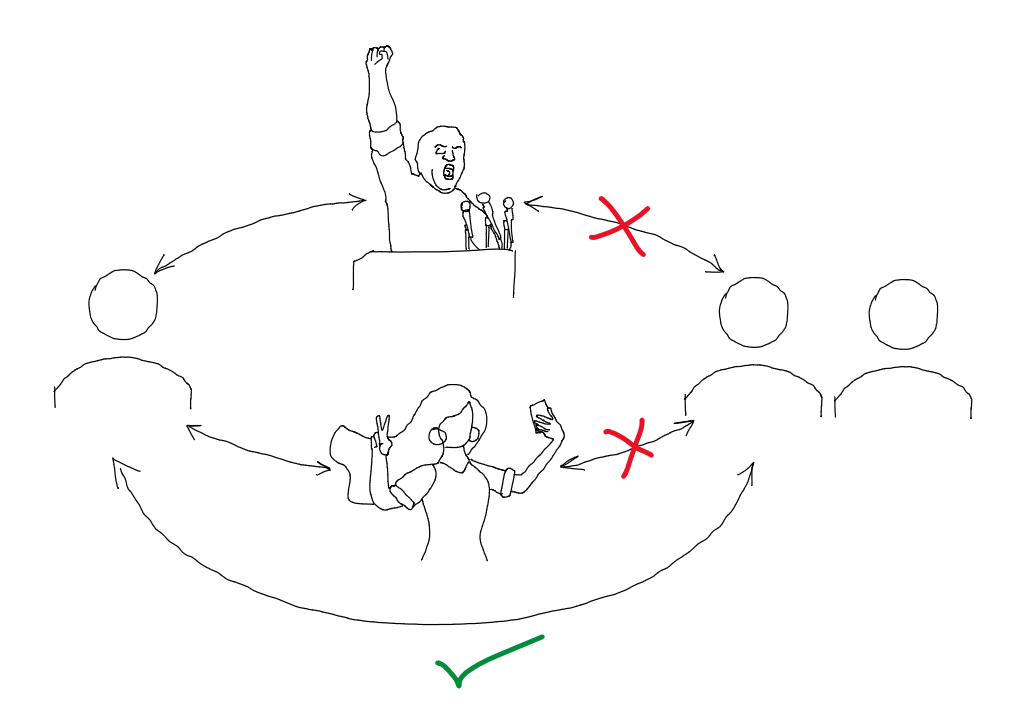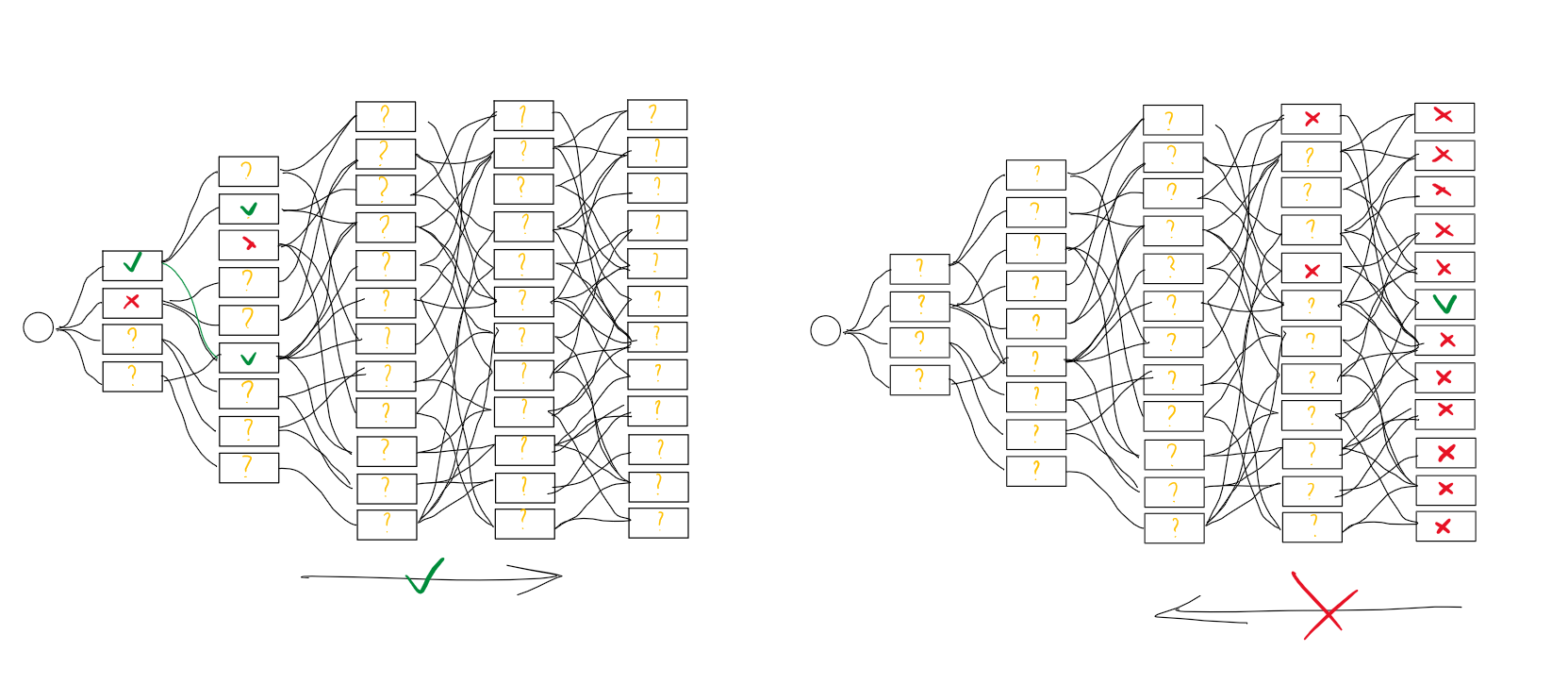Roman Kozhevnikov
Posts 1
Comments7
GPT: "The debate between moral realists and antirealists concerns whether moral facts exist objectively (independently of opinions and feelings). Realists think they do, antirealists think they do not."
No part of reality is inherently good or bad. But our consciousness is the vanguard of matter. We are the only possible way for our part of the universe to perceive anything at all. The human mechanism of categorization is the only one available in our corner of the universe. Humans are moral, and so in the observable cosmos, what is bad is what humans are wired to think is bad.
1. First question
I've already mentioned "mutual understanding between humans", and this is what I see as an intermediate step between stated problem and the proposed solution, but I may have underestimated inferential distances, so I'll try to be more clear. I'm going to break down my answer into two parts: in the first part I'll go into more detail about how the solution I proposed would help increase mutual understanding, and in the second I'll explain how it all relates to decision making.

1.1. Mutural understanding
Due to the specifics of curiosity, the media field around me is filled with extremes. Therefore, when I try to imagine the society around me and my place in it, the availability heuristic throws up examples of abnormality for me, because of which my idea of "others" is formed with a distortion.
I believe that this effect affects everyone. I assume that if we fill social networks with more representative content, then this will normalize a person's idea of the rest of society and their place in it. And photos are a good way to form a figurative, emotional perception, unlike the dry statistics.

1.2. Decision making
I have an idea about how to improve humanity's ability to make sensible decisions in big groups (and I will definitely describe it in a separate post). But discussions will take a long time until a common opinion is formed, and this task may take precious years to complete. At the same time, I consider it very likely that the implementation of the final decision will in any case involve the need to increase mutual understanding among individuals in the first stage. Thus, despite the still open questions of the subsequent stages, it is worth starting the first step now.
So, perhaps, I really made a mistake with such a statement, and it should be rephrased like this: "I'm in urge to share with you an idea of the first step in the way to improve humanity's ability to make sensible decisions in big groups".

2. Second question
Yes, there seems to be a solution already and it's Bereal (thanks DavidNash). But this great app is not yet available where I live, so I just use my Instagram and Facebook accounts paired with the Randomly RemindMe app for Android.

-0.5 (75% present and near future, 25% far future).
The future is infinite and poorly predictable, and if one cares only about it - then what's even a point of all of this at all? I prefer to appreciate subjective experience.